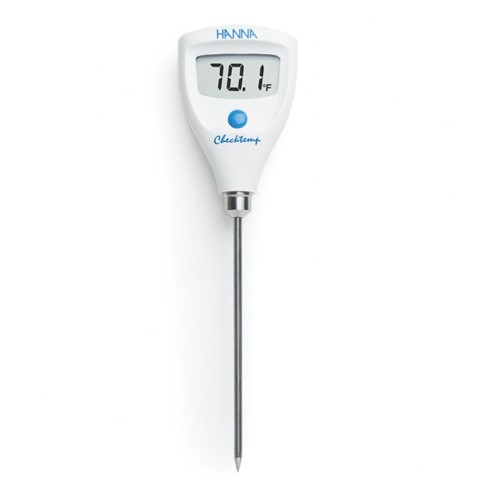The French are tightening their belts due to a sharp increase in prices in supermarkets

Inflation-adjusted, household food spending fell at a record 10% year-on-year in April, to its lowest level since March 2009, data from the statistical agency INSEE showed on Wednesday.
This follows a nearly 16 percent annual rise in food prices - another record - in March. The rate fell back in May, but only to a killer 14% for appetite.
“I choose the cheapest products, discounted products, or obscure brands. I compare prices per kilo or per item, which I have never done before,” said Sandra Hamados, 38, a mother of two who lives in the Parisian suburb of Joinville-le-Pont.
This change in consumer behavior is becoming more and more common. Eight out of ten French consumers have changed their food shopping habits in recent months, according to a survey by pollster Elabe. About 55% said they stopped buying certain foods altogether, and 44% switched to cheaper products, cutting down on meat and fish in particular.
Food prices rose after manufacturers and retailers agreed in annual negotiations in March to raise prices by an average of 10% in response to rising commodity prices and wages.
The large fluctuations in the prices of raw materials and energy over the past year mean that the recent drop in the cost of staples such as wheat and animal feed is not yet reaching consumers.
Finance Minister Bruno Le Maire said that while retailers have capped price increases, the 75 big food producers, which produce 80% of what the French eat, have failed to deliver on a recent promise to resume price talks.
“Either the big food companies will keep their promises in the coming days, or I will use taxes to recoup the profits they have to pass on to consumers,” he said in an interview with France Inter radio.
Producers say they have had to contend with higher energy prices and higher wages, but some, including French chicken group LDC, have made incredible profits over the past year.
The company told Reuters that lower feed costs have resulted in a 2% drop in supermarket selling prices this month and further cuts are planned.
Under pressure after an unpopular increase in the retirement age, President Emmanuel Macron's government is keen to become actively involved in solving everyday problems of citizens, primarily in connection with rising food prices.
France is not alone in its concern: governments from Italy to Britain are also considering exceptional measures to curb food price inflation.
While Macron and his team are trying to convince producers to cut prices, consumers do not expect things to improve in the short term.



























































